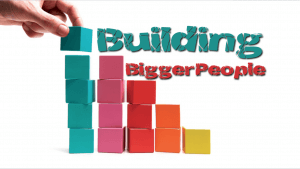 …poet and filmmaker Jean Cocteau said.
…poet and filmmaker Jean Cocteau said.
- 1. There are truths that you can only say after having won the right to say them.
- 2. True realism consists in revealing the surprising things that habit keeps covered and prevents us from seeing.
- 3. What the public criticizes in you, cultivate. It is you.
- 4. You should always talk well about yourself! The word spreads around, and in the end, no one remembers where it started.
- 5. We shelter an angel within us. We must be the guardians of that angel.
IF THE ANGEL DECIDES TO COME . . .
‘If the Angel decides to come it will be because you have convinced her, not by tears, but by your humble resolve to be always beginning; to be a beginner.’ ~ Rainer Maria Rilke
I sound like a broken record… but I must share when I can see more of what I need to see to train you to raise your vibration.
I have been seeing (concluding) that there may be a linchpin type of lock, measured in your starting point measurements… #11. To what degree you think of yourself, your about-me score:
 In addition to it being your reverse humility number, it is also the reverse number of how much of the world, reality, you can see from a different vantage point.
In addition to it being your reverse humility number, it is also the reverse number of how much of the world, reality, you can see from a different vantage point.
Let me explain why and how this humility thing works:
When you have a fixed point from viewing the world, and the center of that world is you, you occupy that picture, or really most of it, and everything shows up as related to you, about you, relevant… or not to you.
I’ll bring up Tai Lopez again: everything, every picture he sees in his head is occupied, 50% with his picture, what he wants, what he is afraid of, what other people will say about him.
He has a positive self-image, so he is going to see, exclusively, in everything, his self-interest. No altruistic motive can find its way into this picture, unless it is suggested by the Selfish Gene: you’ll get more out of it in the end than your due…
That selfish and stingy view of the world keeps Tai’s vibration at 170, and his two selves not happy with each other (3% integrity, also the measure to what degree he is fulfilling the Life Force’s expectations of him)… so he is not happy, as a person.
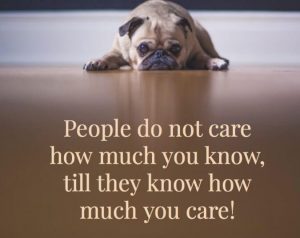 He is an alpha male… stomps like an alpha male… and the world is not better off because he is here.
He is an alpha male… stomps like an alpha male… and the world is not better off because he is here.
If you want to be like him, my programs are not good for you: I am not interested in creating more unhappy, stomping, alpha males.
Now, how is that not humility?
We call humility a state where your self-importance is low, and where you can get curious of learning things you may not need, growing as a person, serving others, for others’ sake. Where you don’t occupy almost the all picture when you look at the world, other people, where you can actually see them and their needs.
Humility allows you to want to learn for learning’s sake, grow for growing’s sake.
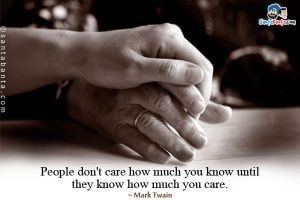 The one level higher in the direction of becoming a human being is being able to see the consequences of your actions, especially the consequences you create for other people, in other people.
The one level higher in the direction of becoming a human being is being able to see the consequences of your actions, especially the consequences you create for other people, in other people.
Until you get to this level, you don’t commit crime, big or small, only because of morality, only because of the laws… or because you are already dead… so why bother…
On this letter you can see what your actions create for another… pain, suffering, a break in their world.
At the present time there is not one person on the planet who is on that level… I am working really hard to spring roots… my frequent visits there don’t qualify me to be there.
As I have shared before, my biggest pain with myself has been my lack of kindness.
This morning I had the insight that kindness is a spiritual capacity.
What you call kindness isn’t. It’s not even in the neighborhood.
What you call kindness is kind words, an affect, but not a spiritual capacity.
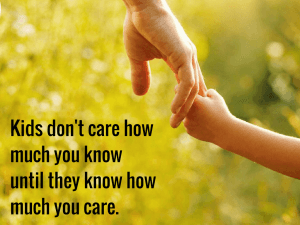 In the story, in the documentary about Rajneeshpuram and about Osho and his Sheela. Sheela did exactly what Osho asked her to do, but when it came to the scandal, he abandoned his position, and piled all the guilt on Sheela… in total disregard to her feelings. No kindness, no regard, no spiritual capacity.
In the story, in the documentary about Rajneeshpuram and about Osho and his Sheela. Sheela did exactly what Osho asked her to do, but when it came to the scandal, he abandoned his position, and piled all the guilt on Sheela… in total disregard to her feelings. No kindness, no regard, no spiritual capacity.
I saw myself in Osho, in his ‘I don’t care about your feelings’ attitude, and cringed.
I think this marked a turning point for me: ever since every book I read, every movie I watched was about learning how your actions cause pain, grief for another.
I have been training myself to see.
Sometimes it is not easy to see it.
This morning I rewatched, in my head, one of the most memorable episodes of Luther, where a fired taxi driver becomes a serial killer.
He gets fired. He finds no sympathy with his wife. He becomes impotent. His wife relates to him with disgust. He even takes a lover. He is hurt, his sanity is shaky already. He needs to feel like a person, so he starts killing young girls… then kills his wife’s lover.
This morning, in my head, I was able to see that first being fired, then being dissed by the wife… how it broke the man’s fragile sanity, his selfhood.
And how, when the wife finally kills him, shows that she never takes ownership of this fact, that she was a co-creator in all that.
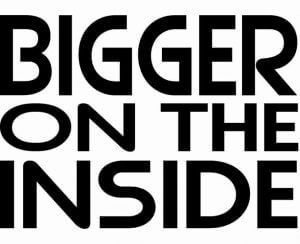 I listened to an hour long audio with Tony Robbins yesterday, where he says: when you fail you ponder… Pondering is the activity where you get out of your own way and look at what happened from many different vantage points, so you can learn.
I listened to an hour long audio with Tony Robbins yesterday, where he says: when you fail you ponder… Pondering is the activity where you get out of your own way and look at what happened from many different vantage points, so you can learn.
Human vantage point is, on the level of human, carries the ‘I’ with it wherever it places the vantage point: in certain contexts we call that anthropomorphic view, but in others we could call it the ‘it is still all about me’ view.
When your about-me score is very high, it is very hard to understand anything, because other people speak from their about-me place, which is an alien territory to you.
So when your about-me score is high, you have to translate what you hear to your own vantage point, with is your words, and you never get what the other person said, let it be article, speech, book…
I have been endeavoring to teach people to see things from a view that doesn’t include them, unsuccessfully.
Imagining how what YOU say lands: it carries all the hallmarks of what’s important to you: your survival, so it always lands off… not how you wanted.
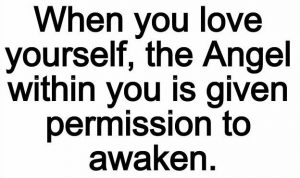 I have students who are hellbent at meeting other people’s expectations unsuccessfully, and use it, unwittingly, to paralyze themselves.
I have students who are hellbent at meeting other people’s expectations unsuccessfully, and use it, unwittingly, to paralyze themselves.
What you think is important for another person, while you are looking/thinking from behind YOUR eyeballs isn’t important to them… and these people often get beaten up, left by their spouses, or have a really unfulfilling relationship both with themselves and with their environment.
I have found that listening to another person, watching them so you can see/hear how your actions/words land, is mandatory if you want to be able to meet their expectations of you, and, just as important, be able to meet Life’s expectation of you… also called by Margoczi (Feelings book) meeting your own expectations of yourself.
All in all, my number one task with you is to lower your about-me score, so you can finally see more, understand more, learn more, and start growing and start liking yourself.
Honestly, if not caring about worked, I wouldn’t mind… Caring slows things down… caring seems like losing focus… Caring is hard work.
But it turns out that unless I care about you, you can’t hear me, unless I care about you you don’t care about you either.
And I have to care about you more than you care about yourself.
So I have learned to care about you, I am learning to be kind, and I am hoping that on this foundation it will be easier for you to leave the comfortable confines of ‘it’s all about me’ and risk having less self-protection, so you can start becoming happier.
What is your ‘about-me’ number? Shall I measure it for you? Or, from your life experience, you can guess…
If your about-me score is high, anything above 30% then you can’t grow until you lower it first.
Read the original article: People don’t care how much you know until they know how much you care